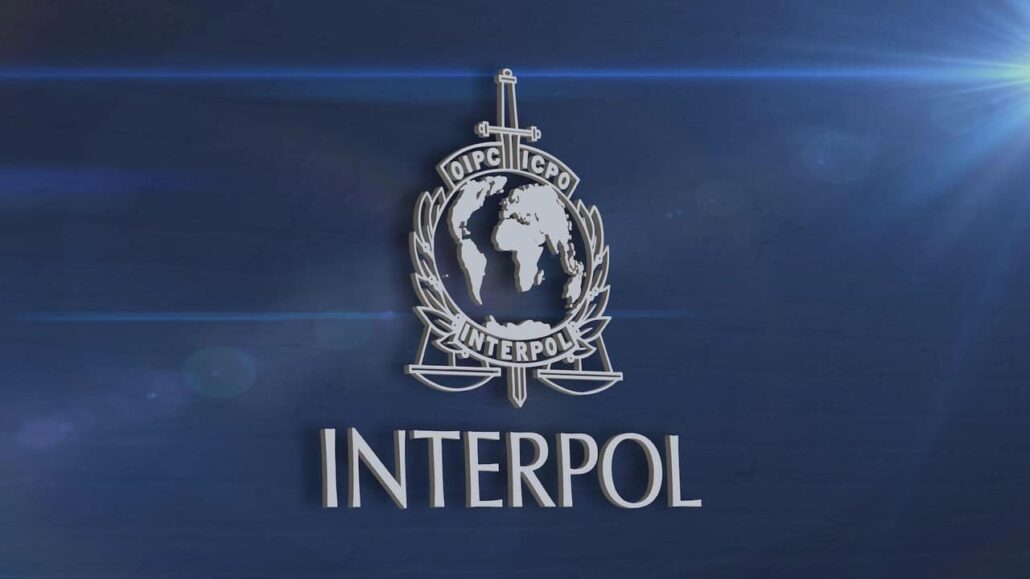The intricate relationship between law and economics becomes especially evident in international legal cases such as those involving Interpol. Economic factors often underlie many legal disputes, influencing not only the nature of alleged crimes but also the functioning of legal systems that govern international cooperation. Laws provide the framework within which economic activities operate, regulating financial transactions, preventing fraud, and protecting market integrity. At the same time, economic realities shape legal strategies and priorities, particularly in complex cross-border cases.
In the UK, legal experts specializing in Interpol matters frequently deal with cases where economic crimes play a central role. These include fraud, corruption, money laundering, and other financial offenses that have direct economic consequences both nationally and internationally. Understanding the economic implications of legal actions is crucial for effective representation and for ensuring that justice supports economic stability and growth.
Key economic aspects related to legal expertise in Interpol cases include:
- The financial impact of allegations on individuals and businesses
- The cost of prolonged legal proceedings and extradition processes
- The economic motives behind politically charged or fraudulent accusations
- The role of economic evidence in court decisions and international cooperation
- The importance of legal frameworks to safeguard economic rights and combat economic crimes
These factors demonstrate the logical connection between law and economics: laws regulate and protect economic activity, while economic considerations inform legal processes and enforcement priorities. Legal experts must navigate this intersection to defend their clients effectively and uphold the rule of law within the economic sphere.
Legal Expertise in Interpol Matters in the UK
Dealing with Interpol can be a complex and confusing process, especially for those dealing with international legal issues for the first time. Interpol, the international criminal police organization, coordinates the search for suspects and accused persons around the world. In the UK, the role of legal experts specializing in Interpol-related cases is becoming particularly in demand. They help protect the rights of their clients and ensure compliance with all legal regulations. Let’s take a look, Interpol red notice lawyers, common cases considered by lawyers and what legal problems exist related to Interpol.
Understanding the Role of an Interpol Lawyer
A lawyer working on Interpol cases performs many tasks. Their main goal is to protect the client from unlawful actions and unfounded accusations that may arise as part of the so-called red notices or other Interpol requests. Such specialists help not only to challenge international arrest warrants, but also advise on issues of extradition and interaction with law enforcement agencies of other countries. Interpol lawyer UK play a major role in protecting the interests of their clients at all stages of interaction with Interpol.
Common Cases Handled by Interpol Lawyers in the UK
The most common cases that lawyers work on include challenges to red notices, defenses against extradition and cases involving political persecution. Often such cases involve allegations of economic crimes, fraud and corruption. There are cases when Interpol requests are used as a tool of political pressure. In such situations, British lawyers help prove the illegality of such actions and provide protection to their clients from possible violations of their rights.
Legal Challenges Involving Interpol in the UK
The legal challenges associated with Interpol can be significant. The main problem is that Interpol is not a judicial authority and does not check the validity of all incoming requests.

This could result in innocent people being at risk of arrest or extradition. In the UK there is also a problem of inconsistency between national laws and international obligations, which creates additional difficulties. Lawyers face the challenge of convincing the court that Interpol’s request violates their client’s rights or is politically motivated.
Importance of Choosing the Right Legal Representation
Choosing the right legal representation is critical to successfully resolving an Interpol case. A competent lawyer is not only well versed in international law, but also has experience in handling extradition and human rights cases. It is important to ensure that the lawyer has a successful track record of challenging red notices and is able to effectively advocate for the client. Professional legal support helps minimize risks and ensures that all actions will be carried out in accordance with the law.
How Interpol Lawyers Protect Client Rights
Lawyers working with Interpol cases take all measures to protect the rights of their clients. They check the legality of Interpol’s request, represent the client’s interests in court and appeal decisions if they violate international or national legal norms. An important part of their work is interaction with the Interpol Files Control Commission, which reviews complaints about unlawful requests. British lawyers are committed to ensuring that every client receives a fair and impartial hearing and that their fundamental rights and freedoms are protected.
Legal expertise in Interpol-related cases in the UK plays a vital role in protecting the rights and freedoms of citizens. A competent choice of a lawyer and timely request for legal assistance can successfully resolve even the most complex cases.